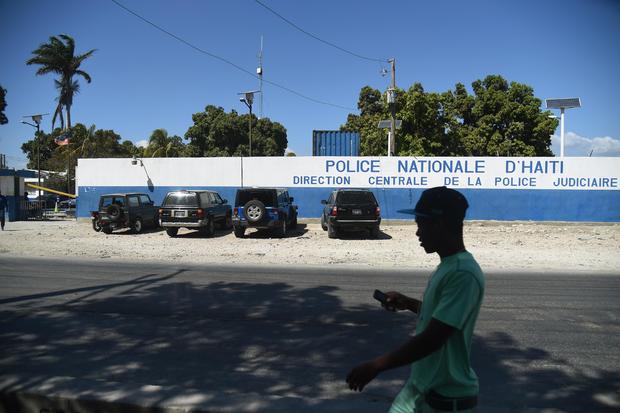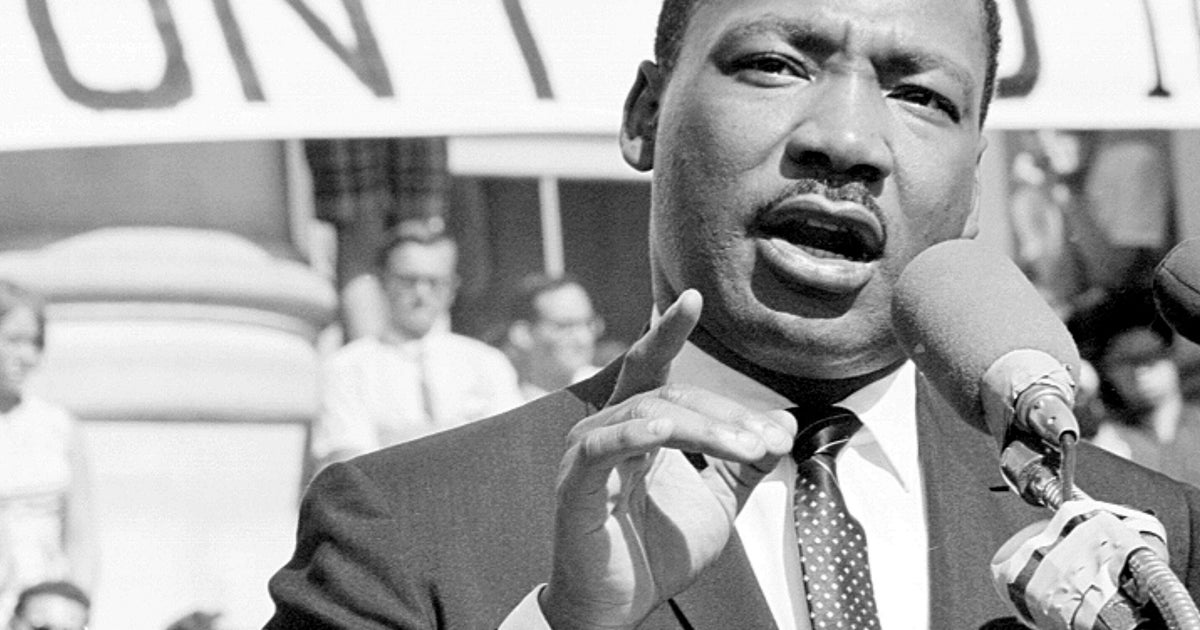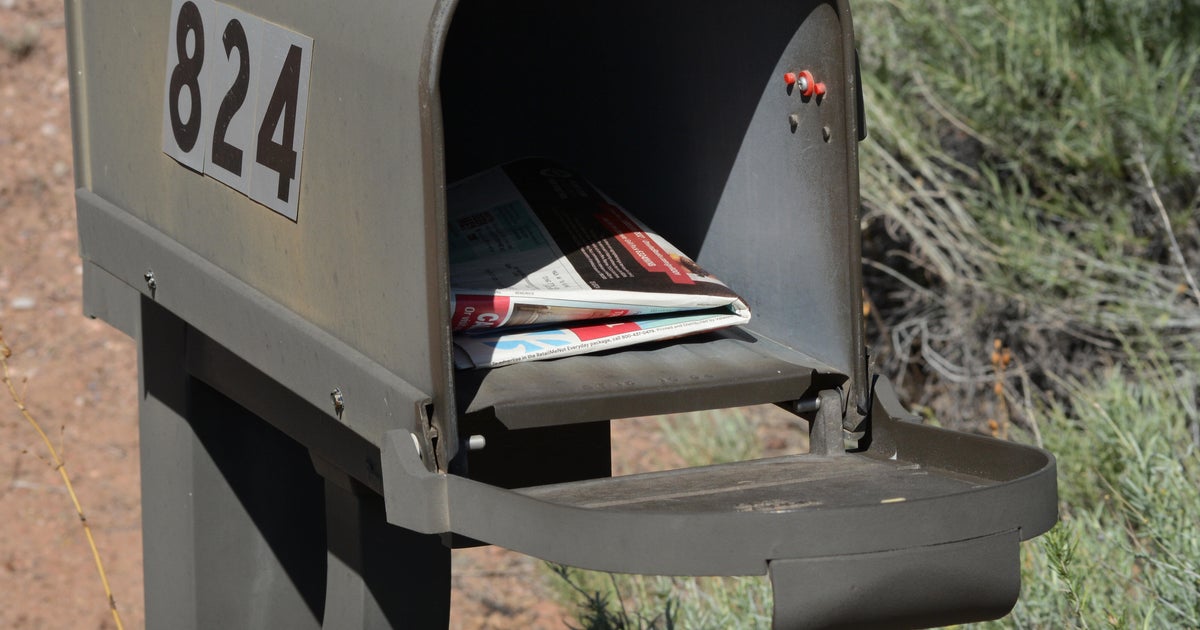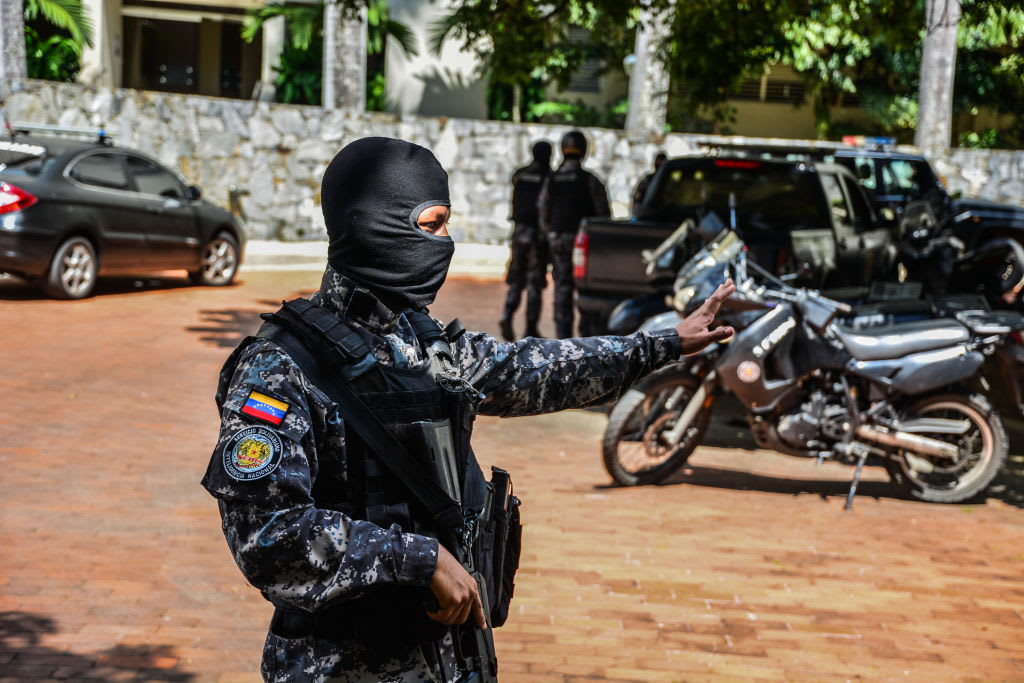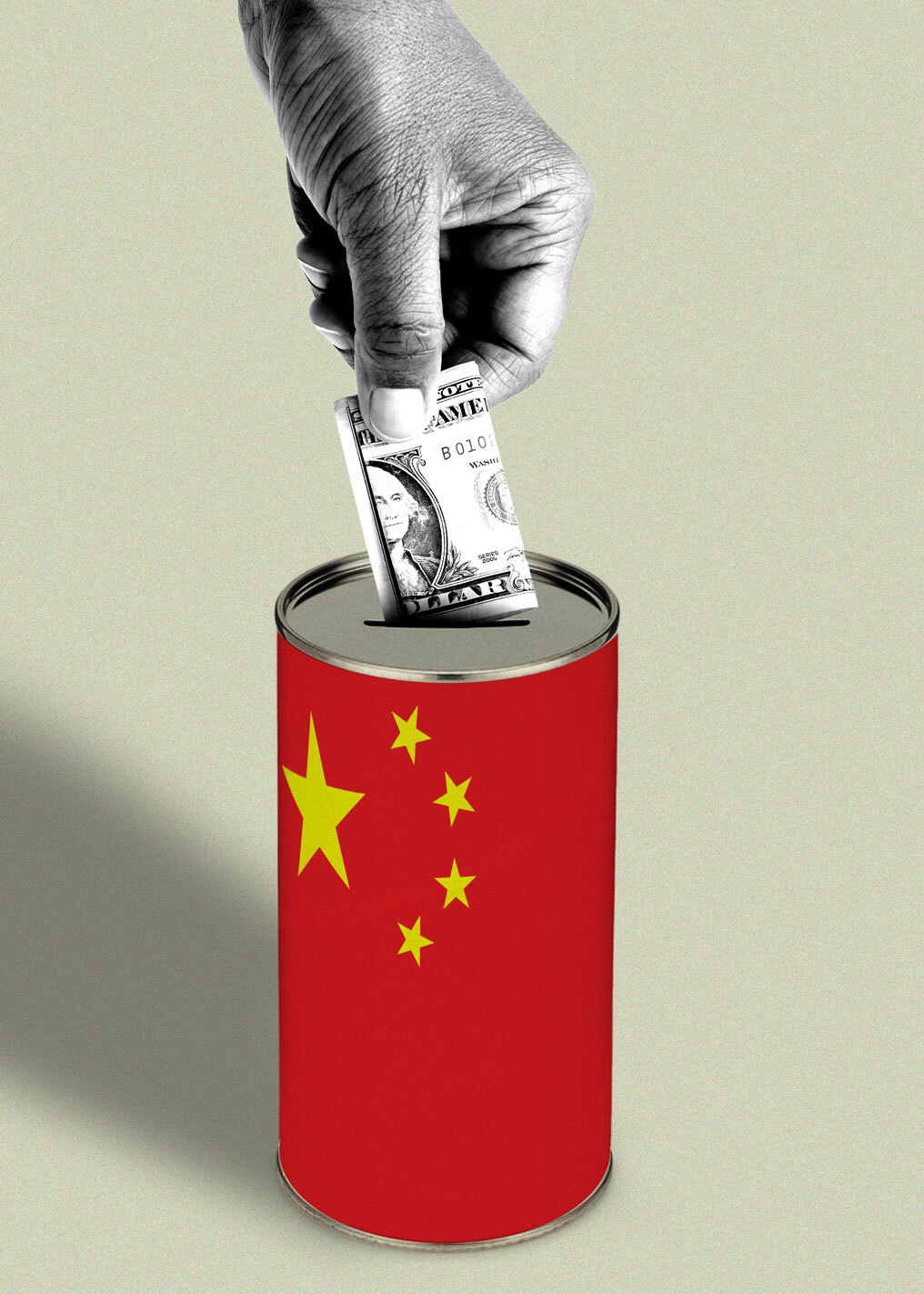Americans, reportedly heavily armed, detained amid Haiti unrest
American citizens were among a group of people detained amid violent unrest in Haiti over the weekend, the U.S. State Department has confirmed. U.S. officials have not confirmed reports in the Haitian press saying five Americans were detained along with three other people -- all heavily armed -- driving in two vehicles without license plates near Haiti's national bank on Sunday.
A State Department spokesperson in Washington would only confirm to CBS News on Monday that, "we understand that the Haitian National Police detained a group of individuals, including some U.S. citizens."
Haitian news websites said the individuals -- who appeared to be all male in video posted on social media showing the suspects in custody -- were found with a cache of assault style weapons, ammunition and tactical gear. The reports, citing Haitian police, say the individuals were not licensed to be in possession of the weapons.
The State Department spokesperson referred all further questions to the Haitian National Police, but noted that whenever "U.S. citizens are arrested overseas we seek Consular Access as soon as possible and provide appropriate Consular assistance."
It remained unclear on Tuesday morning whether any American citizens had been charged with crimes or placed formally under arrest. The Haitian National Police did not immediately reply to a CBS News request for comment.
Word of the Americans' detention came as businesses and government offices slowly reopened across Haiti on Monday after more than a week of violent demonstrations by hundreds of thousands of protesters demanding the resignation of President Jovenel Moise. The protesters have been enraged by skyrocketing prices that have more than doubled for basic goods, and amid allegations of government corruption.
Public transportation resumed in the capital, Port-au-Prince, where people began lining up to buy food, water and gasoline as crews cleared streets of barricades thrown up during the protests.
Moise has refused to step down, though his prime minister, Jean-Henry Ceant, said over the weekend that he has agreed to reduce certain government budgets by 30 percent, limit travel of government officials and remove all non-essential privileges they enjoy, including phone cards. Ceant also vowed to investigate alleged misspending tied to a Venezuelan program that provided Haiti with subsidized oil and said he has requested that a court audit all state-owned enterprises. He also said he would increase the minimum wage and lower the prices of basic goods, although he did not provide specifics.
Many Haitians remained wary of those promises, and schools remained closed on Monday amid concerns of more violence.
"The government is making statements that are not changing anything at this point," said Hector Jean, a moto taxi driver who was waiting for customers. He recently had to buy a gallon of gas for 500 gourdes ($6), more than twice what he normally pays, and he has been unable to find customers who can afford to pay higher fares.
"It's very hard to bring something home," he said. "I have three kids."
Other goods in the Western Hemisphere's poorest nation have also doubled in price in recent weeks: A sack of rice now costs $18 and a can of dry beans around $7. In addition, a gallon of cooking oil has gone up to nearly $11 from $7. Inflation has been in the double digits since 2014, and the price hikes are angering many people in Haiti, where about 60 per cent of its nearly 10.5 million people struggle to get by on about $2 a day. A recent report by the U.S. Agency for International Development said about half the country is undernourished.
